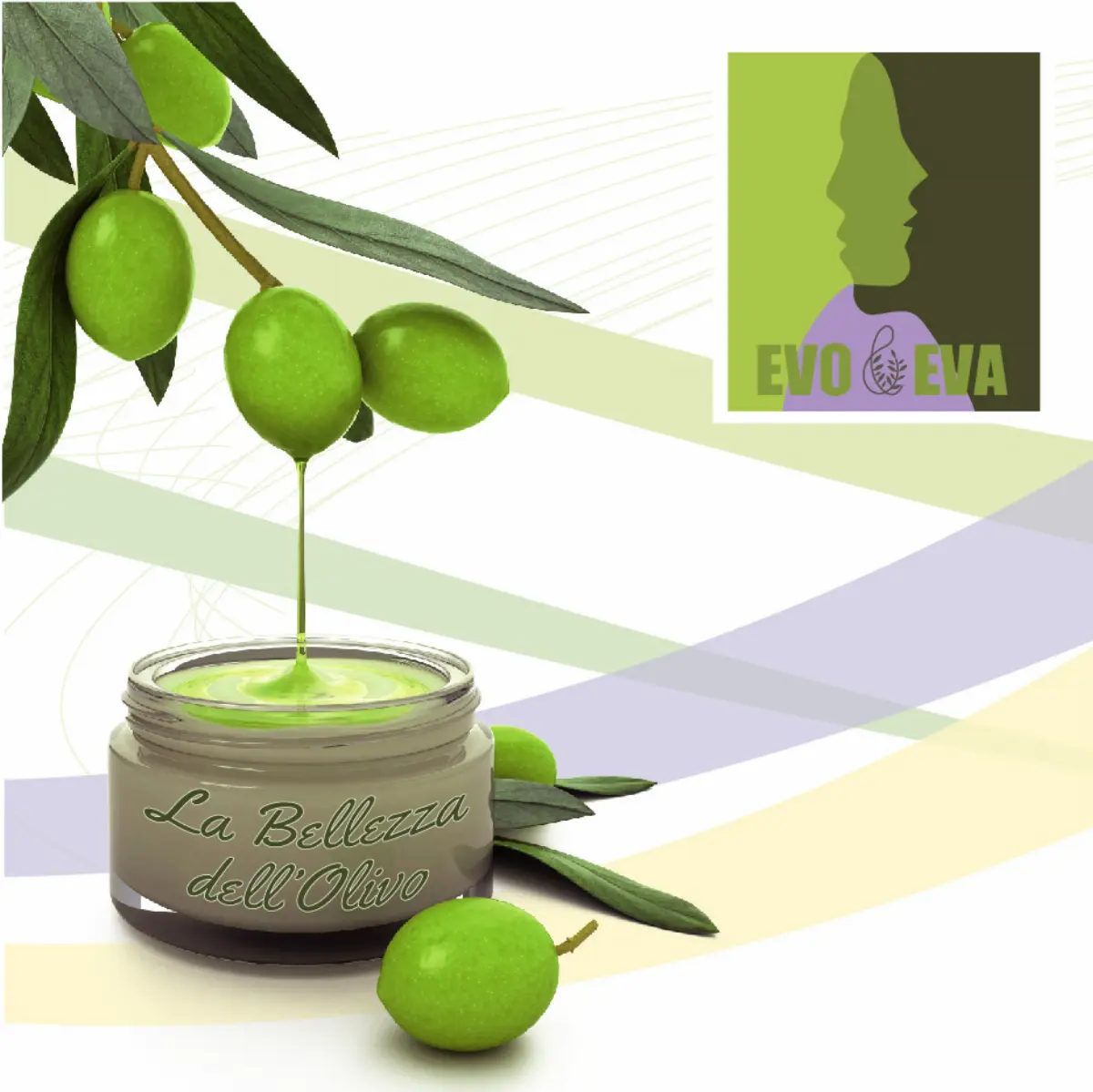
Do you want to access to this and other private contents?
Log in if you are a subscriber or click here to request service
Evo oil: annual increase expected (+20%) but it is too early to claim victory
The study presented to the European Parliament finds a general crisis, with Portugal bucking the trend

The conference entitled: "Health and Economy: the Hidden Virtues of Extra Virgin Olive Oil" took place on Monday in Brussels, at the European Parliament. The event, organized by the European parliamentarian Daniela Rondinelli , saw the participation of entities and organizations prestigious in the field, including the Carapelli Nutrition Institute Foundation, Assitol, Confagricoltura, Cia - Italian...
lml - 36319
EFA News - European Food Agency
EFA News - European Food Agency